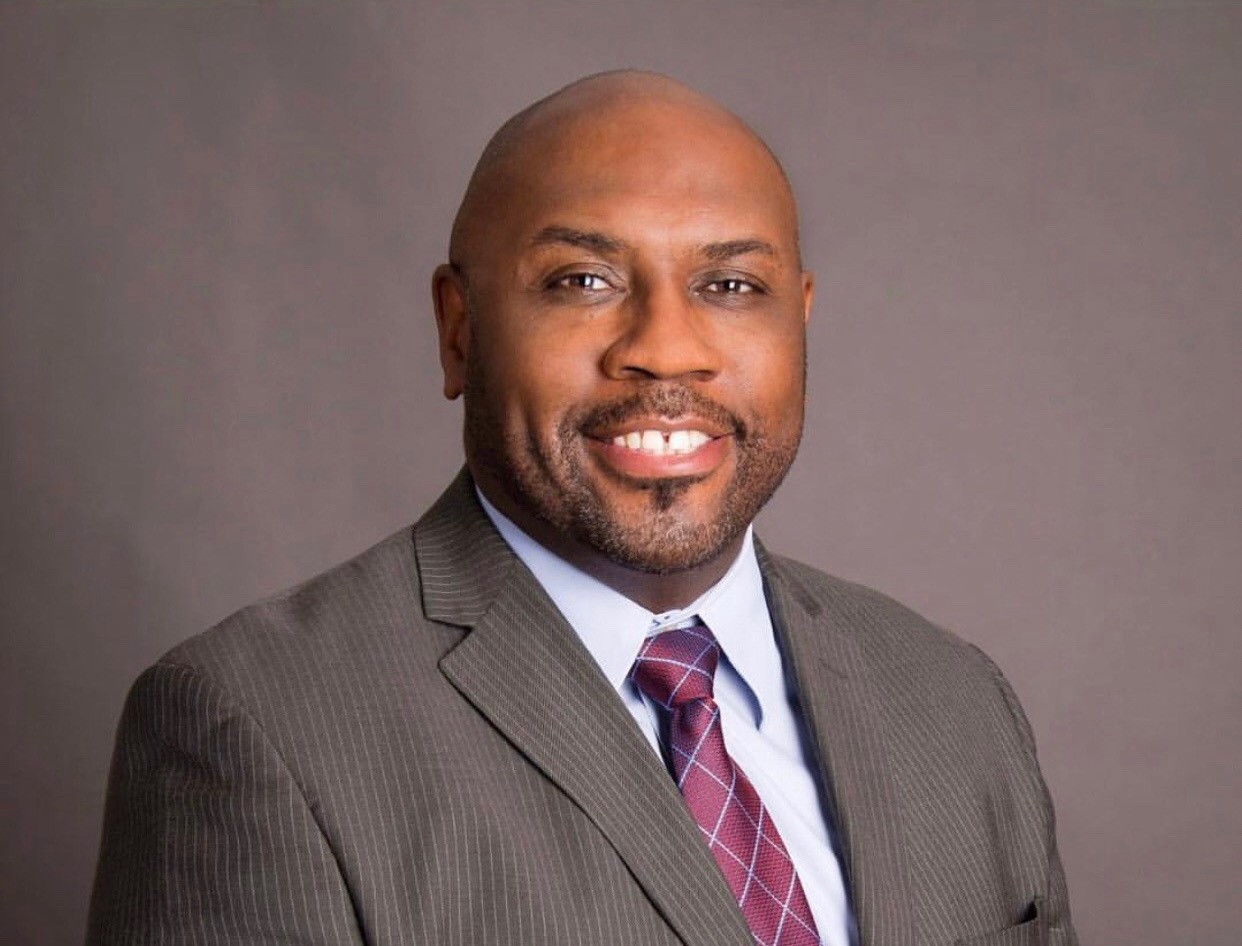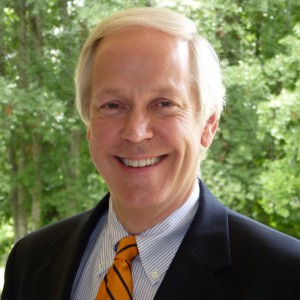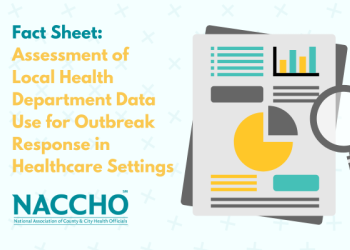 By George T. Roberts, Jr., MHA, FACHE, NACCHO President and Chief Executive Officer of the Northeast Texas Public Health District
By George T. Roberts, Jr., MHA, FACHE, NACCHO President and Chief Executive Officer of the Northeast Texas Public Health District
Damon Chaplin, MBA, serves as the Health Director of the City of New Bedford Health Department in Massachusetts and is a current NACCHO Board Member. He has previously provided statewide leadership as a Regional Director for the Massachusetts Department of Public Health. Mr. Chaplin has lead school inspection indoor air quality trainings for environmental health professionals at the Boston Public Health Commission. As a local business owner, Mr. Chaplin integrates his knowledge of strategic financial analysis into his department’s operations to ensure its financial stability.
Under his direction, the City of New Bedford Health Department successfully provides programs and services to residents in the areas of alcohol, tobacco, and other drugs; environmental health; public health nursing; and other health and wellness programs. Mr. Chaplin is currently leading his department’s efforts in becoming nationally accredited by the Public Health Accreditation Board. Below, he shares how he keeps his staff motivated and provides some advice on how to become a better transformational leader.
As the leader of a local public health department, what are you doing to ensure the growth of your organization and the health of your community?
Transformational leadership relies on two main principles—communication and influence. It’s no secret that most effective leaders are also effective communicators, but today’s public health leaders are also faced with being effective motivators. Many of our public health challenges reach far beyond our municipal boarders and organizational framework, and as a result, require the development of data driven systems which support inter-agency and cross jurisdictional sharing of resources, financing, and best practices.
In New Bedford, we are focused on developing systems, which support quality improvement, cross-sector collaboration and social innovation. We accomplish this through strategic planning, community partnerships, and neighborhood engagement. We’re currently in the process of applying for national public health accreditation with the Public Health Accreditation Board.
In addition, we recently began developing an internship program with local colleges and universities to support our work force development initiatives, special projects, and programs. This program has resulted in the development of regional profiles of municipal partners, evaluation of school based surveys, and support for regional code enforcement activities.
What are some characteristics you think every leader should have?
I believe every leader should possess a vision, passion, and perseverance. Leaders are born and blessed. They are born with the vision of what could be and blessed with the desire to fulfill that vision. Leaders are often restless and seldom settle for the status quo. They are life learners and are often looking for opportunities to improve what has already been done or to do something that has never been done. Leaders often ask the question, “Why not?” and seldom settle for less. But today’s public health leader must also remember to include marginalized communities and individuals in the planning and decision making processes associated with protecting the public’s health.
What is one way you boost the morale of your organization and keep your employees inspired?
I try to employ different ways of boosting the morale of my department but my primary tactic is by helping staff and managers identify problems and remove barriers to peak performance. I found that this method has been very effective.
What advice can you provide to someone looking to become a better transformational leader?
There are quite a few ways one can become a better transformational leader. I believe it’s important to understand your leadership style and play to your strengths. One should always be able to learn from their mistakes and be willing to apply those lessons at the very next opportunity. A good leader doesn’t wait for change, but rather is the catalyst for change. Sometimes failure happens, but good leaders shouldn’t be afraid to fail. It’s imperative that those in leadership positions remain focused, identify their strengths and weaknesses, surround themselves with good people, and build healthy communities from the inside-out.
To share your story of transformational leadership or to recommend a leader to be highlighted, please contact Taylarr Lopez, NACCHO Communications Specialist, at [email protected].






